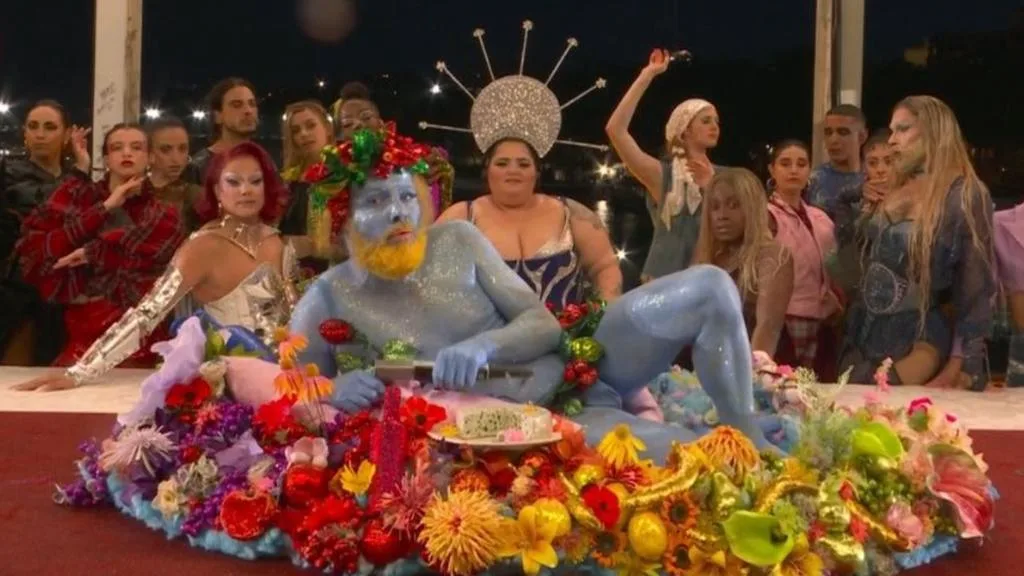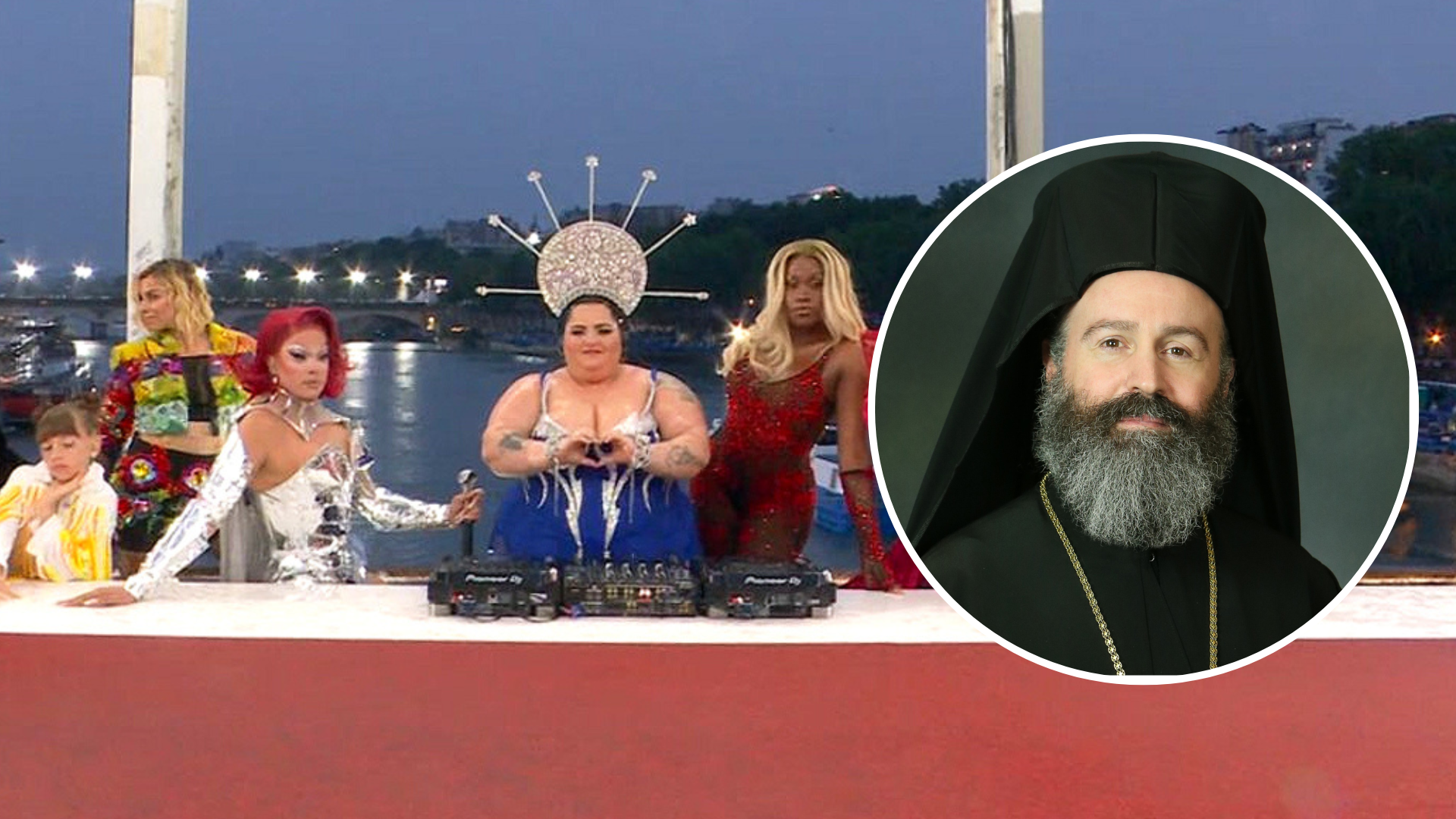Archbishop Makarios of Australia has condemned a scene that mocked Leonardo da Vinci’s The Last Supper during the 2024 Paris Olympics opening ceremony.
Da Vinci’s painting shows the moment when Jesus Christ declared that an apostle would betray him.
The scene displayed on Friday, July 27 at the Paris Olympics opening ceremony featured DJ and producer Barbara Butch – an LGBTQ+ icon – surrounded by drag artists and performers.
It received global condemnation from religious communities worldwide, including Archbishop Makarios as a representative of Greek Orthodox faithful in Australia.
In a statement, Archbishop Makarios said the Paris Olympics opening ceremony “featured scenes of irreverence that were offensive to Christianity and the Church.”
“Everyone has the right to be an atheist, but no one has the right to mock or ridicule my faith, especially the truth of the Gospel for which blood has been shed,” Archbishop Makarios said.
“You have the freedom to live as you choose; you have the right to be homosexual, but you do not have the right to impose your way of life on our society.”

The Archbishop added that whilst people should be proud of their achievements, hard work, education, success, history and culture, they should not take pride in their sexuality.
“What you do in your sexual life is not a reason for pride,” he said.
“We are tired of this. The dignity of the human person is being mocked. Reality is being distorted. Our (sense of /or: ability to) reason is being challenged.
“We pray that God will enlighten those who seek to undermine the value of faith, and we assert that it is unacceptable for such ideologies to be promoted in institutions as prestigious as the Olympic Games.”
The global criticism has forced the opening ceremony’s artistic director Thomas Jolly to apologise for the scene. He denied taking inspiration from the Last Supper, saying his idea was to do “a big pagan party linked to the gods of Olympus.”
“My wish isn’t to be subversive, nor to mock or to shock… I wanted to send a message of love, a message of inclusion and not at all to divide,” Mr Jolly said.
